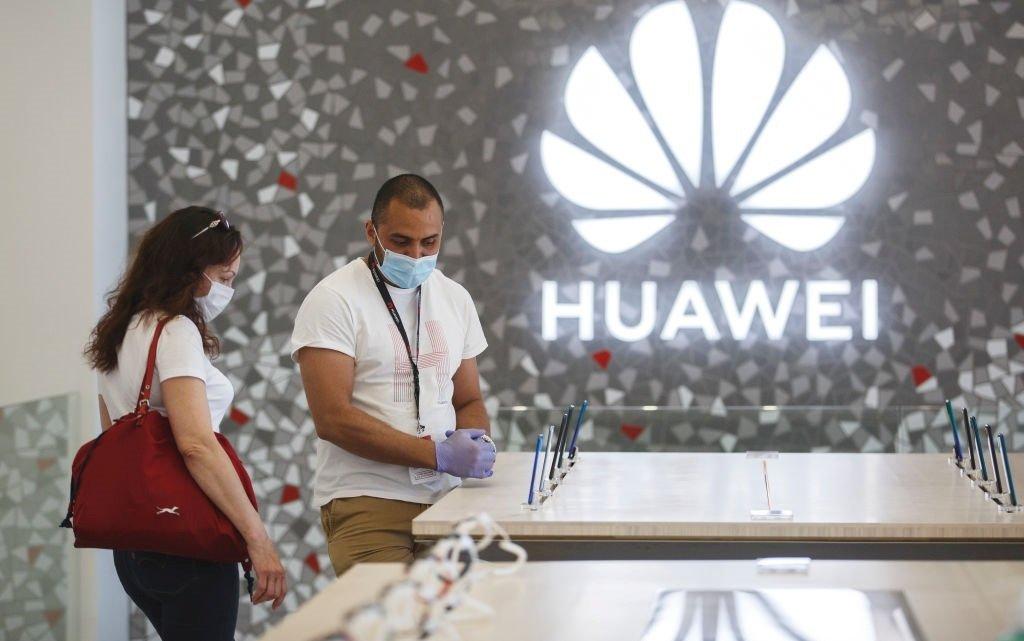Africa-Press – South-Africa. The labour agreement between Huawei and the government over employment numbers should be a lesson to other foreign companies, the Labour and Employment Minister Thulas Nxesi said on Thursday.
Huawei Technologies SA in March averted a legal challenge with the Department of Labour over allegations of flouting the country’s employment equity laws. The Chinese firm had been issued with a legal notice for the transgression, but later reached an out-of-court settlement with the department.
Speaking at the Job Fair of Chinese enterprises in South Africa, Nxesi praised the agreement with the tech giant, insisting that the notice and subsequent settlement was not targeting Huawei.
He said a lot of companies could learn from how the parties handled the matter.
“We had a minor problem with Huawei as part of our inspection. We sat down and reached an agreement, which is I think is an example for all the companies, from east to west,” said Nxesi.
“We penned down an agreement which will be implemented over a particular period. That agreement is an example to everybody.”
An audit conducted by the Department of Labour in 2020 found that 90% of Huawei’s staff in South Africa were foreign nationals. According to the department, it was the worst case of noncompliance with equity regulation it had ever encountered. Huawei did not provide any reasons for its breach, the department said.
As part of the agreement, Huawei pledged to increase the number of local employees to more than 50% of staff within three years. The company also committed to providing training programmes for young people in the ICT sector.
Nxesi acknowledged the skills challenge in the tech sector, saying it is one of the major issues that companies around the world are facing.
He added that China intended to create 19 000 job opportunities for the South African youth over the next three years. These opportunities would, among other sectors, extend to manufacturing, mining, agriculture and technology.
In his address, the Deputy Minister of International Relations and Cooperation, Alvin Botes, stated that trade between the two countries was skewed in favour of China. He noted the total trade between the two countries in 1998 stood at around R1 billion. The figure in 2021 stood at R544 billion.
“Although South Africa’s trade deficit with China decreased by R4 billion in 2021, both countries are continuing to work towards addressing South Africa’s concerns regarding the trade imbalance which has been skewed in China’s favour for several years,” he said.
China remains South Africa’s most important trading partner.
For More News And Analysis About South-Africa Follow Africa-Press






